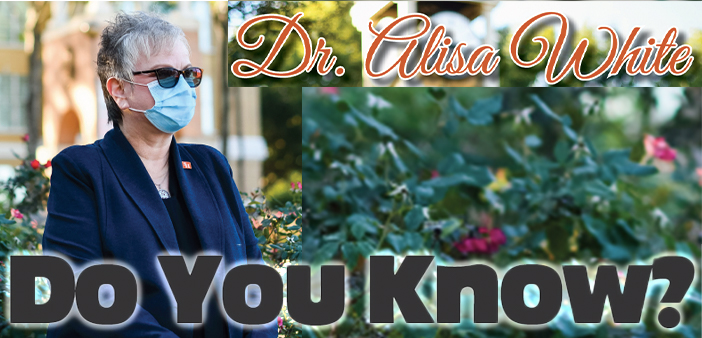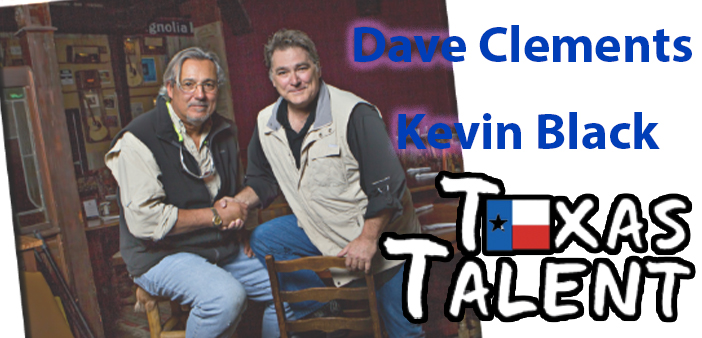The COVID risk is as harshly real as anything we have seen in a very long while. According to the available statistics from reliable sources, COVID has a far worse mortality rate than the flu! REAL DANGER.
I have beheld a number of smart people who have become convinced the problem is a bunch of hullabaloos. “The news media has blown it out of proportion,” is a common renouncing. Other’s denial surmises, “It is no worse than the flu, and we don’t run from that.” WRONG.
The medical authorities, including CDC and WHO, have listed measures that are essential in the prevention of COVID, and they should be committed to memory.
But, while scientific information is important, it is always shrewd to bring in common sense and use both to achieve the best results. Having medical treatment primed and ready is essential, but it is the backstop, not the firewall, of viral epidemics. Prevention is the vital firewall, and each of us is on the front and essential line for our own health and that of family, friends, and the entire community.
All of us must realize that specific actions done in specific ways are essential to protect everybody. Knowing something like frequent handwashing is important, but is not enough.
People need to be informed about how and when to wash hands. Washing should concentrate on fingers, especially tips and nails. Clipping nails gives COVID less room to hide. Wash before and after going to public places, after touching items that have been touched by others from outside your home, before eating, and (if washing is not possible) use sanitizer. Consider a number of people touched the door you opened and the chair you moved for seating.
Move and stay at least ten feet from someone coughing or sneezing, and move away from anyone appearing sick. When you or loved ones don’t feel well, STAY HOME! Take tissues or a hanky to temporarily cover your nose and filter air when appropriate.
Get stocked up necessary items so you can sequester when indicated. Which items are necessary and how much?
Common sense on subjects like those mentioned is essential. And efforts must concentrate on areas that are likely to suffer the most, ones with crowding living and concentrations of older, sicker people.
With health issues such as COVID, it is important to establish healthful actions as a routine to be followed regardless. Deciding there is little danger here, so I do not need to do what I normally do, is a dangerous variation–because how do you know whether someone infected has passed through?
Is this punctilious? Perhaps, but in important health and life-or-death matters, it is best to overact on the side of safety!



